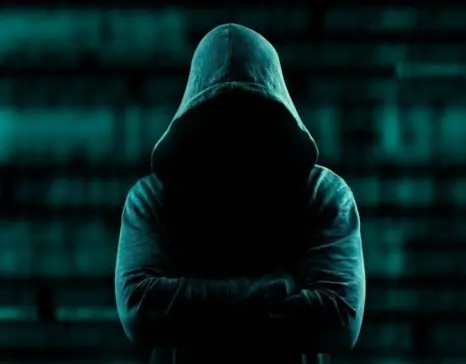The first Bitcoin theft case: An crypto OG lost 25,000 bitcoins due to key leakage
Author: The Bitcoin Historian, Crypto KOL
Compiled by: Felix, PANews
Allinvain mined Bitcoin when the price was below $0.05, holding 25,000 BTC. This article takes you through the largest heist in cryptocurrency history: the tragic story of Allinvain losing $1.6 billion.
In 2010, Allinvain founded one of the first Bitcoin exchanges, Bitcoin Express. Bitcoin Express allowed users to purchase BTC using PayPal. Allinvain sold 1,000 BTC for $5 each, which means each BTC was $0.005.

But Allinvain was also a dedicated Bitcoin miner. He could mine 500 BTC per hour using just a laptop, which amounts to 1,200 Bitcoins a day.

The mining situation when Bitcoin was valued at $10 is shown in the image below, and Allinvain could still use a home computer. He just pressed a button to generate BTC.

By 2011, mining difficulty skyrocketed. The hash rate surged to 4 TH/S, while in 2010, the hash rate was only 0.001% of that figure—an increase of 114,000%.
Allinvain stated, "It was like everyone, their mothers, fathers, cousins, etc., started mining."

But the more Allinvain researched, the more amazed he became. Allinvain wanted to help Bitcoin and began promoting the purchase and sale of real goods with Bitcoin (BTC).

Allinvain quickly became a Bitcoin whale, holding over 25,000 BTC. In early 2011, Allinvain cheered for the rise in Bitcoin prices, which soared to a high of $30. This was the first Bitcoin bubble. At that time, Allinvain held "magical" currency worth $500,000.

On June 13, 2011, disaster struck.
Allinvain saw a transaction of 25,000 BTC in his wallet. Just like that, all his BTC was stolen.

Allinvain was heartbroken and fell into depression. All his work for Bitcoin went down the drain.

Worse still, the news spread around the world.
Forbes, The Atlantic, and NPR reported on it. They called it the first theft in Bitcoin history.

The heist involved a massive amount of money, sparking conspiracy theories. Some claimed that Allinvain orchestrated the whole thing. They accused Allinvain of spreading FUD.

What exactly happened?
Allinvain stated it was all his fault. "I trusted the security measures too much; I was really stupid."

Allinvain backed up his wallet to Dropbox, Wuala, and SpiderOak. When he discovered that Dropbox staff could access files remotely, he deleted those files. But the root of the problem was that someone had hacked his computer and stole the unencrypted wallet files.

Later, Allinvain found out that it might have been a Trojan virus disguised as Bitcoin mining software.
He reiterated the warning that personal security is crucial when holding BTC.

But the hacker attack did not stop Allinvain from moving forward. He remained active in the Bitcoin space and started his own hosted mining business, doing everything he could to regain his wealth.

Allinvain's biggest mistake was storing unencrypted keys on his computer. The hacker's actions serve as a warning to always keep private keys in a secure offline location. Even some of the most well-known companies in the Bitcoin space have suffered similar attacks.
To this day, Allinvain's story continues to remind people of the importance of Bitcoin security.










